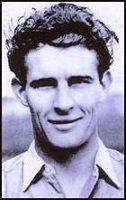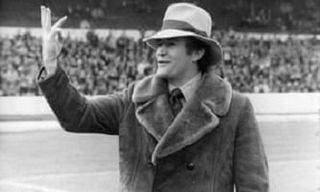"I'd been a professional for two and a half months and Malcolm had taught me everything I know.... When Malcolm was coaching schoolboys he took a liking to me when I don't think anyone else at West Ham saw anything special in me... I looked up to the man. It's not too strong to say I loved him."
His teams, no matter their level, would be able to run all day, which no doubt gave them an advantage rapidly but could be replicated elsewhere to the point where the fitness gap was closed and technique and tactics, perhaps not his forte, reasserted themselves. However, there is no doubt that Allison's contribution to the game both in Britain and elsewhere was to raise the physical preparedness of his players and, by example, others in a quantum fashion that might be said to have been the first step towards modern levels. He might never have been a player that in later circumstances would have been considered as a Scotland player but one wonders if paternal Scots discipline applied to training might, firstly, have made him a better player than he might have been and, secondly, provided the motivation for its application to coaching others."....to introduce double training sessions to ensure his players would be fit for the season ahead. Soon after, exercise bikes and weight training were introduced to the players. The introduction of weight training was particularly incredible, given the general apathy of most coaches to strength development and the fear of players becoming ‘muscle bound’.Somewhat a man of his time in this respect, Allison encouraged weight training for younger players and placed less of an emphasis on it as players grew older and matured......"


